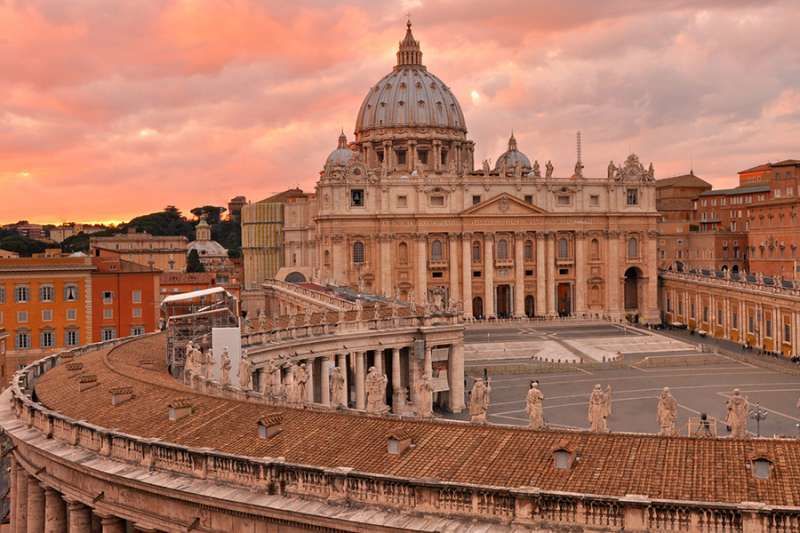On Saturday Vatican police arrested former Vatican diplomat Fr. Carlo Alberto Capella, who has been under investigation for the violation of laws concerning the possession of child pornography and its distribution or sale.
Capella was recalled from the U.S. Nunciature in Washington, D.C. in September 2017, after the Vatican was informed Aug. 21, by the U.S. State Department, that there was a “possible violation of laws relating to child pornography images” by a member of the Holy See’s diplomatic corps.
It was stated April 7 that the arrest warrant for Capella was issued at the end of an investigation by the Vatican’s Promoter of Justice. The priest is being held in a cell in the barracks of the Vatican Gendarmerie.
He is being held under paragraph 3 of article 10 of Law 8, which applies the penalty of at least one to five years imprisonment and a fine of 2,500 to 50,000 euro for the distribution, dissemination, transmission, or sale of child pornography, or its possession for these purposes.
According to Saturday’s statement, Capella is also being held under paragraph 5 of article 10 of the law, which indicates that if the amount of pornographic material was “a considerable quantity” the above penalty increases.
Since being recalled, Capella has resided within Vatican City. The State Department’s request in September that the Vatican lift the priest’s diplomatic immunity was declined. However, information regarding the findings of the U.S. State Department was passed along to the Vatican’s Promoter of Justice.
Capella was ordained a priest in Milan in 1993 and entered the diplomatic corps in 2004. He has previously worked as a diplomat in Hong Kong and as the Holy See’s liaison to Italy.
According to Article 4 of Law 8 of the Vatican City State, which was instituted by Pope Francis in 2013, child pornography is defined as “any representation, by whatever means, of a minor engaged in real of simulated explicit sexual activities as well as any representation of the sexual parts of a minor for primarily sexual purposes.”
Law 8 applies even to crimes “committed abroad” by “internationally protected” Vatican citizens.
The possession of child pornography is also considered a “canonical crime” in the Church, and in 2010 Benedict XVI added it to the list of “most grave delicts,” meaning crimes dealt with directly by the Congregation for the Doctrine of the Faith and can result in dismissal from the clerical state.

